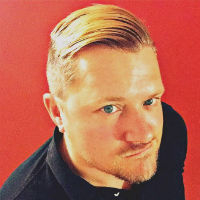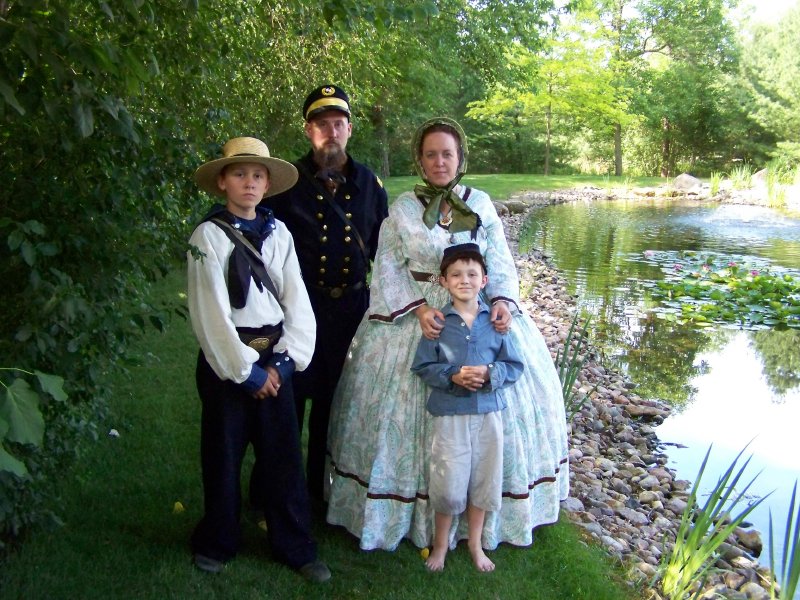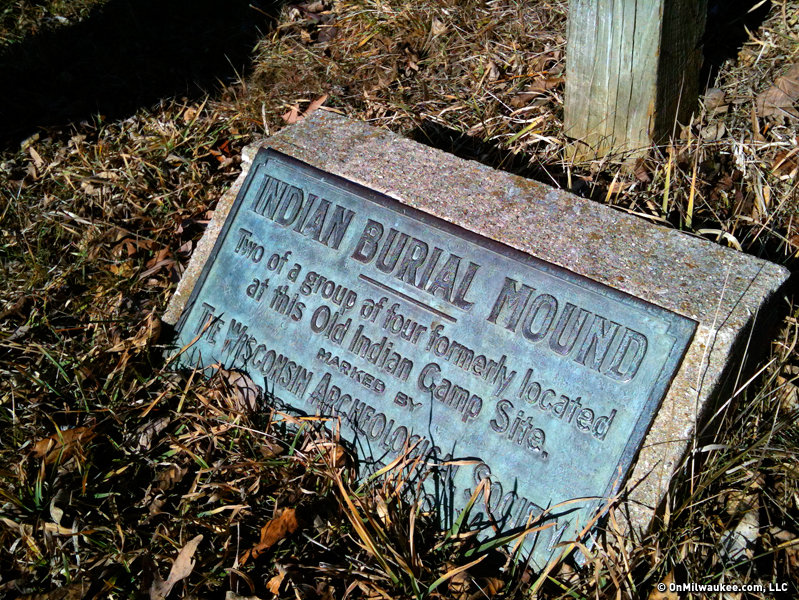Did you know? Sunday, Feb. 25 is the 42nd anniversary of Wisconsin becoming the first Gay Rights State in the nation.
Prior to this legislation, Wisconsin residents faced extreme prejudice simply for being themselves – and they lived in constant fear of being “found out.” Generations of gay and lesbian elders found themselves evicted from their apartments, fired from their jobs, denied bank loans or credit cards, or refused service in retail or hospitality spaces simply because someone perceived them to be “queer.” Gay and lesbian people were targeted by blackmailers who, after observing them in a compromising place or position, sought to extort them for large sums of money. These legal exclusions, as well as discriminatory practices by healthcare professionals, educators, news media, and the justice system, destabilized the gay and lesbian community for decades – leading to high rates of self-destructive behaviors, self-harm, and suicide.
On Feb. 25, 1982, Gov. Lee Dreyfus passed Assembly Bill 70 into law, banning discrimination against gays and lesbians in housing, employment, credit, or public accommodation. This groundbreaking bill was a long, uphill battle two decades in the making. Note: this legislature did not grant “special rights” to anyone.
Quite the opposite: it extended existing rights, enjoyed by everyone else, to people who had long been treated like criminal outlaws. The “Gay Rights Law” offered a new layer of protections beyond civic ordinances some cities (including Madison and Milwaukee) had offered earlier.
Today, there are still states that do not offer these protections – and worse yet, there are many states – including Wisconsin – where these rights remain endangered four decades later. It’s also important to understand the 1982 law did not offer any protections for transgender people, nor does the State of Wisconsin offer any protections to trans citizens today.
Fortunately, there are efforts under way to document, preserve, celebrate, and elevate Wisconsin’s national legacy as an equality leader – to inspire and advance true equality for all.
Announcing the Wisconsin First Project
Since 1982, multiple states passed copycat bills to provide similar protections. Nine of these states specifically reached out to Wisconsin legislators for political guidance.
“Our documented history of this effort and its national impact is currently a patchwork of sources,” said Greg Wright, project manager for Wisconsin First. “Some records are held at the University of Wisconsin and the Wisconsin Historical Society, but the complete history lacks a cohesive, centralized point of access. Furthermore, many primary sources from that era are not available in digital formats, and many of the people with access and awareness of those materials are approaching the end of their public lives.”
The Wisconsin First Project, launching Feb. 25, will address gaps in information, access, and centralization to improve opportunities for related research and understanding. Our Lives Media, a Madison-based non-profit, has assembled a project team to research, collect, and digitize relevant source materials from the Wisconsin bill and copycat legislation in other states. The project will culminate in an interactive online archive freely available to researchers, students, educators, legislators, and historians.
“This work will strengthen collective and institutional memory for our future,” said Wright. “The archive will capture the complete history of the 1982 law – and the later equal rights advancements the law paved the way for – while fostering pride for our state and nation’s endeavor to achieve true equality for all people.”
The Wisconsin First Project was made possible by a grant from the National Archives.
Our Lives Media is currently conducting a national search for a Project Archivist. Watch for additional project updates throughout 2024.
Questions about the Wisconsin First Project? Contact Greg Wright.
Celebrate Wisconsin’s proud history and heritage
Following the passage of the Gay Rights Law, Wisconsin became known throughout the Midwest as a safe and accepting place where everyone could be their best self.
“I'm proud that Wisconsin was the first to have a bill of this kind,” said Bill Wardlow. “It’s amazing that Wisconsin was so progressive. People might have expected this to happen on the East or West Coasts. But it happened right here in Wisconsin!”
On Sunday, Feb. 25, from 2 until 6 p.m., Wardlow is hosting a fundraiser at Fluid Bar, 819 S. 2nd St., that celebrates the “Gay Rights States” to inspire a more equitable future for all Wisconsin citizens. All proceeds will benefit the Wisconsin LGBTQ History Project, an independent, all-volunteer, nonprofit organization devoted to education, outreach, and understanding.
“The fundraiser will help the History Project document and preserve our history, so the next generation will not have to endure what we had to endure,” said Wardlow, who volunteers for the History Project as a community advisor.
“LGBTQ content is being removed from public libraries and universities, so it’s never been more important for our history to be seen,” said History Project board member B.J. Daniels.
“Eldon Murray, one of Wisconsin’s first gay rights pioneers, was absolutely right: ‘those rights you have must be constantly guarded – or they’ll be taken away.”
On Sunday, guests will enjoy "history-themed" Tito's Vodka cocktails, including the “Dirty Helen,” the “Park Avenue,” and the “Le Liberace;” a slideshow of historic photographs; special presentations; two rounds of drag performances; book signings/sales of "Milwaukee Drag"; and the opportunity to symbolically "sign" the Gay Rights Bill of 1982 for a donation.
Can't attend, but want to help? Please consider a tax-deductible donation to the Wisconsin LGBTQ History Project.

.jpeg)





